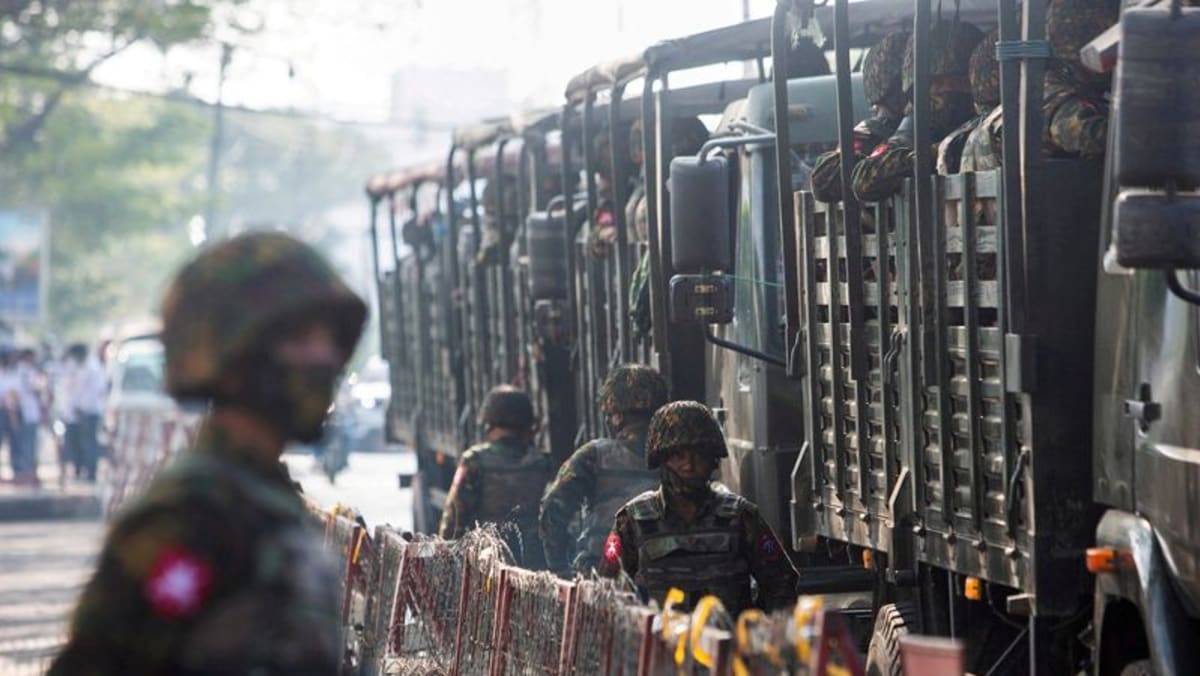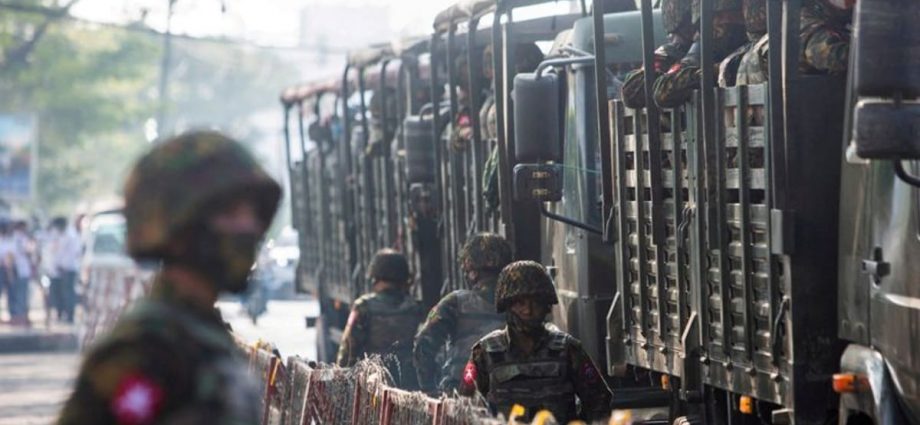
WHAT HAS HAPPENED TO THE OPPOSITION?
Aung San Suu Kyi, 77, is serving 33 years in prison after being found guilty on multiple charges her allies say were trumped up to end her political career. Dozens of NLD officials are also in jail or have fled.
The junta dissolved the NLD and 39 other parties after they failed to meet Tuesday’s (Mar 28) election registration deadline, with many of those unwilling, like the NLD, or unable to take part.
Many opposition figures and activists see the election as a sham and some have joined a shadow government that seeks to undermine the military, or have taken up arms with a resistance movement.
WHO WILL WIN THE ELECTION?
No date has been set for the election, but with the NLD out of the equation and most of the 63 registered parties contesting seats only in regional legislatures, the military’s proxy, the Union Solidarity and Development Party (USDP), is almost certain to win at the national level.
The USDP was created by the previous military government before it made the transition. It dominated a 2010 election boycotted by the NLD and many other parties, but was beaten convincingly in 2015 and again in 2020, before that vote was annulled.
Despite its leaders overseeing most of Myanmar’s biggest reforms, the USDP remains unpopular and synonymous with military rule. Another USDP government is likely to be viewed locally with scepticism.
HOW WILL THE WORLD RESPOND TO THE ELECTION?
Many Western countries and international organisations have already dismissed the election as illegitimate and voiced concern that key stakeholders in Myanmar are being shut out of the political process. They are also worried it will intensify the conflict.
Many economic sanctions that were removed in recognition of reforms post-2011 have been re-imposed and it is unlikely the election or early actions of the government it creates will result in their lifting anytime soon.
Myanmar’s neighbours, which have preferred a policy of engagement with the military, may take a wait-and-see approach, including over investments in the country.

